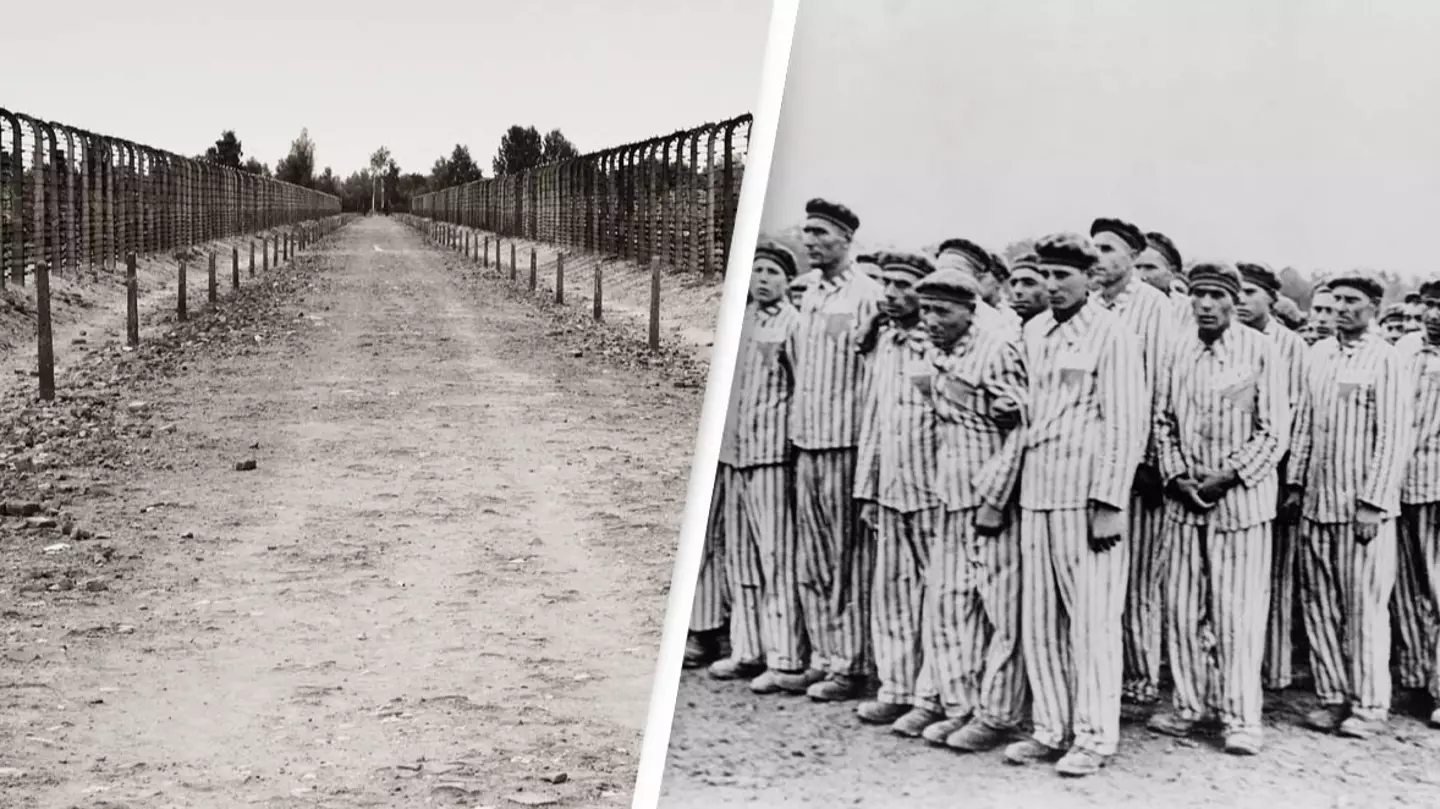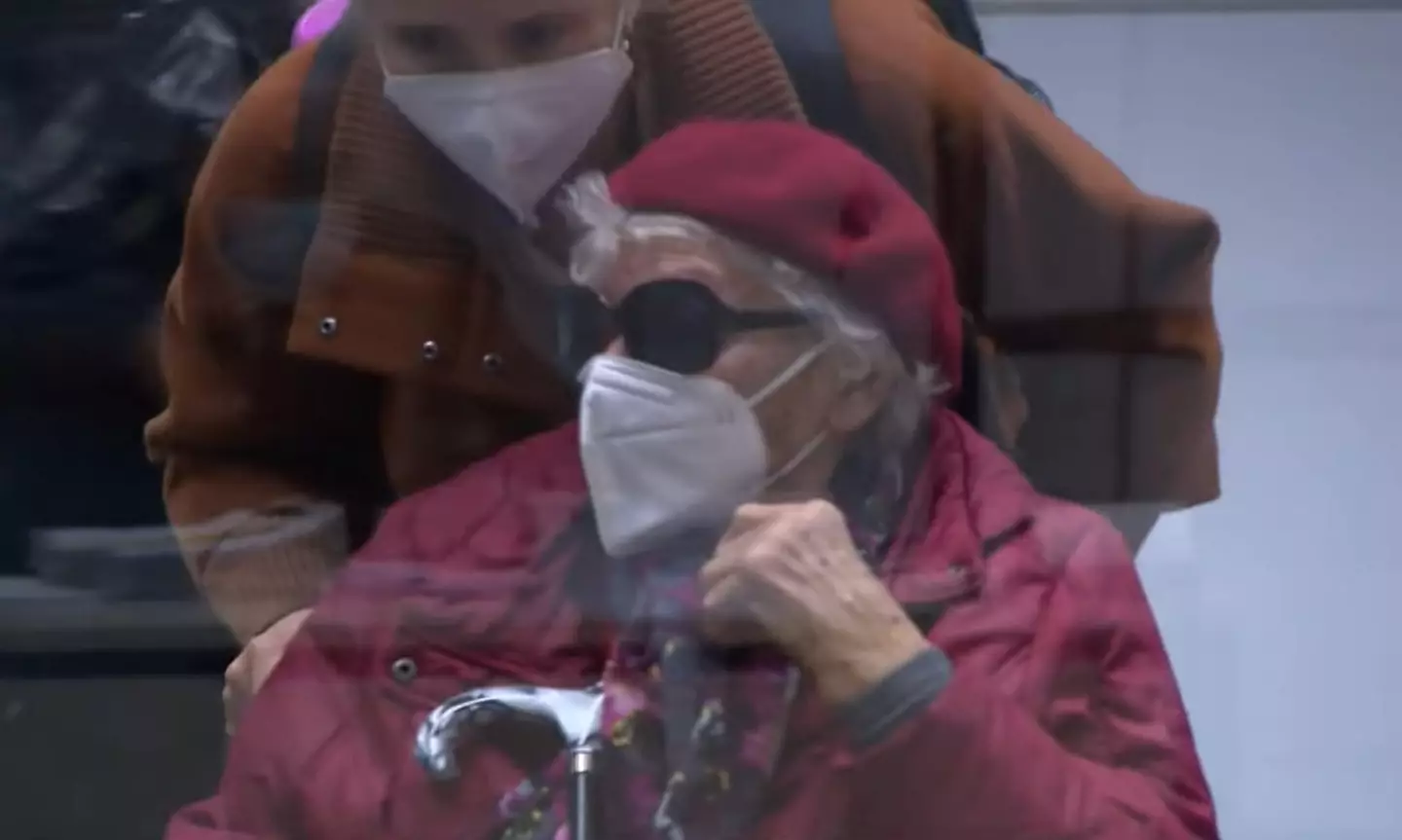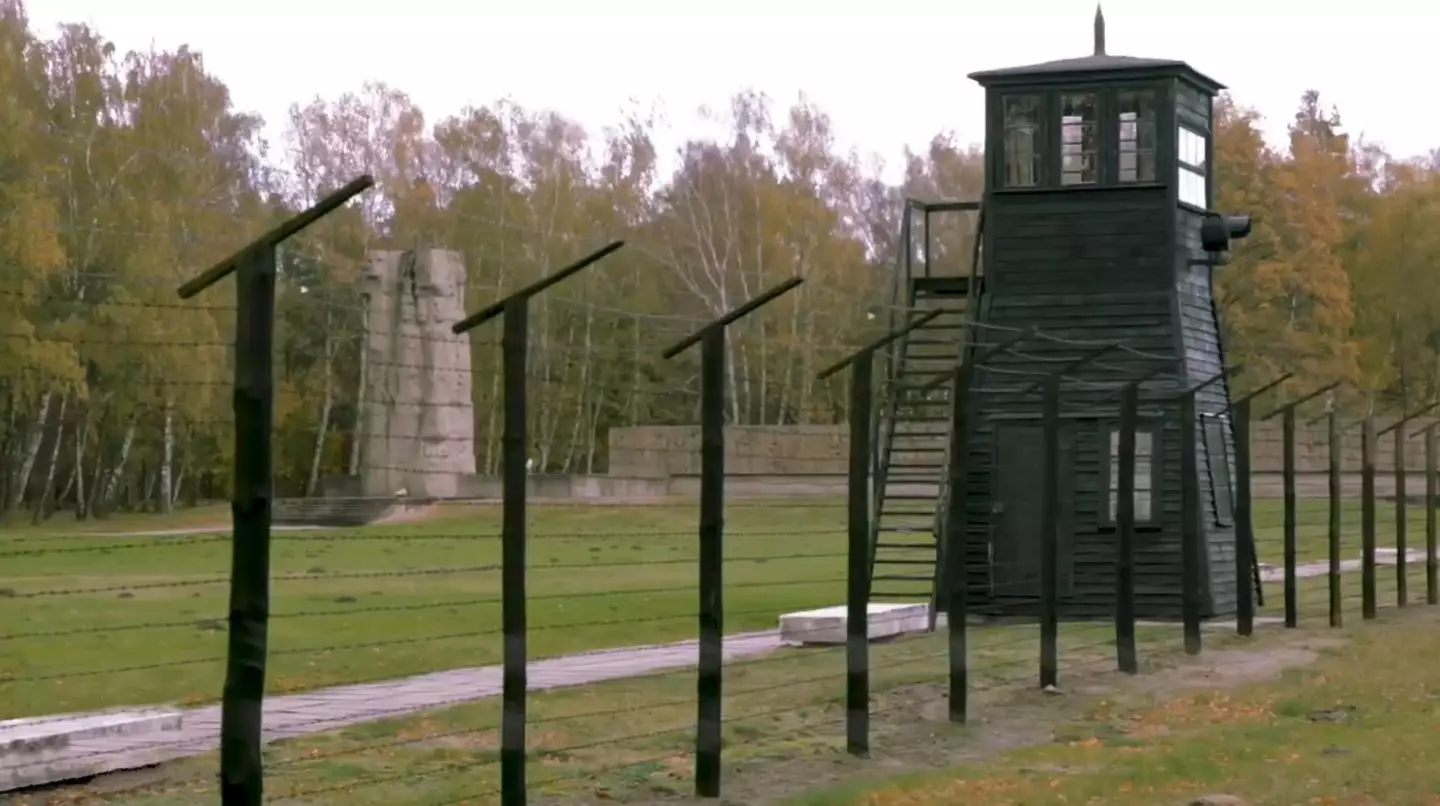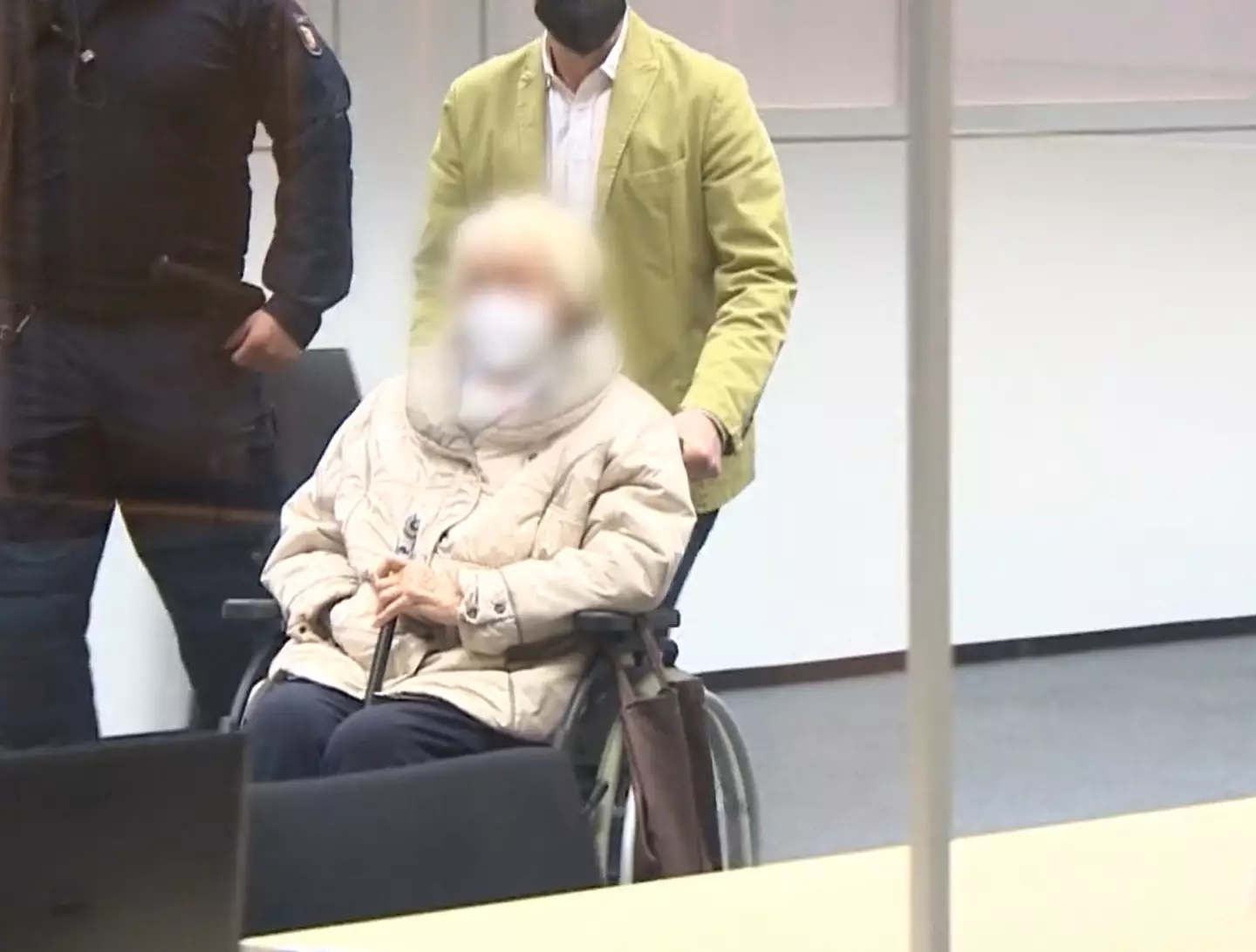
A concentration camp survivor has explained how starving prisoners were forced to eat each other.
Risa Silbert, 93, a holocaust survivor who shocked a German court said that prisoners turned to cannibalism daily.
Silbert's testimony came yesterday, 30, August, as part of the ongoing trial against Irmgard Furchner, 97, who stands accused of assisting in the deaths of 11,000 victims during her time working at the Stutthof concentration camp.

Advert
Explaining the horrendous conditions she was forced to endure, Silbert said: "Stutthof was hell.
"We had cannibalism in the camp. People were hungry and they cut up the corpses and they wanted to take out the liver."
Silbert was born in 1929 to a Jewish family in Klaipeda, Lithuania.
During her testimony, she explained that her father and brother were murdered by German collaborators and that she, her mother, and her sister were taken to Stutthof in August 1944.
During her time at the camp, the brave survivor explained that prisoners were forced to report to guards at 4/5 am and anyone that couldn't stand still would be whipped.

Silbert added that: "None of us were addressed by that name. We were just called 'bastards'."
At one point, Silbert, then 15, hid from SS guards under a pile of dead bodies.
Russian prisoners were ordered to clean up the bodies but left her and her sister there, evading the guards.
Silbert also explained that her mother died in April 1945, of typhus, while Germany went into retreat and prisoners were forced to march to Danzig before being taken across the Baltic Sea to Holstein.
Thankfully, Silbert was freed that May by British soldiers but she still reportedly bears the scars of beatings at the camp.

The testimony came as part of the ongoing trial against Furchner, who worked at the camp from June 1943 to April 1945.
Furchner claimed that she did not know about the mass killings taking place, despite being secretary to the camp commander.
In a letter, she said that she was not fit to stand trial: "Due to my age and physical limitations, I will not attend the court dates and ask the defence attorney to represent me.
"I would like to spare myself these embarrassments and not make myself the mockery of humanity."
She attempted to make a run for it, leaving her retirement home in Quickborn, Hamburg but was later arrested by police.
Topics: News, no-article-matching, World News